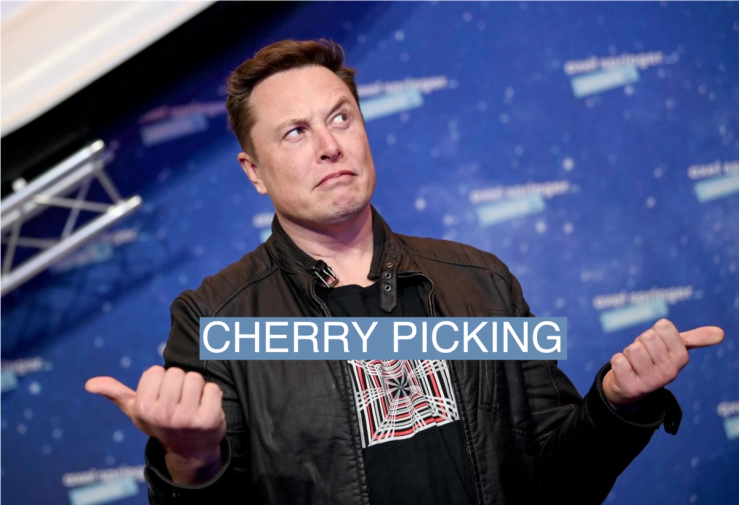The Scene
The recent headlines about Elon Musk have painted him as an unhinged drug user who has lost his entrepreneurial touch. But private-market investors are still clamoring to funnel millions into his companies, leaving the picky Musk to select the financial backers he prefers.
On the secondary markets, where shares of private tech companies are traded, Musk’s SpaceX is the most valuable and most coveted stock, trading at a $180 billion valuation, roughly triple the valuation from a couple of years ago.
Musk’s brain implant company Neuralink and his tunnel digging company The Boring Company have both doubled in value over the last year, based on secondary markets. That’s despite the fact that the ventures are risky and ambitious endeavors, and have limited liquidity, forcing investors to hang on to shares for years.
“Generally people, even if they’re skeptical of some of his behavior, acknowledge that he is a very effective manager and executive. They’re not that worried about it at all,” said Noel Moldvai, co-founder and CEO of Augment, a secondary-market trading platform.
Even xAI, Musk’s new artificial intelligence firm that aims to compete against OpenAI, has drawn interest on the secondary markets. One trader said a client recently wanted to purchase $20 million in xAI shares. The problem: The company is so new that the market for secondary shares effectively doesn’t exist yet.
Buying stock in Musk’s companies can be difficult, according to secondary market traders. He is selective about who gets to own shares in his companies. Early SpaceX employees, who are more likely to have unrestricted stocks, are allowed to sell their interest in the company, but SpaceX has a right of first refusal.
Investors looking to acquire shares can hash out agreements with current and former SpaceX employees, but SpaceX usually steps in and snaps up the stock itself or arranges for a preferred buyer to take them instead.
Getting approved to directly buy SpaceX stock requires a lengthy vetting process or personal connections, traders said.
The easiest way to purchase shares in Musk’s companies is to use pooled investments known as special purpose vehicles. These funds can sometimes acquire shares of Musk companies, and then turn around and take on investors in the fund.
Some secondary market traders have found a way to make money on Musk companies without risking any capital. One told Semafor that he makes arrangements with sellers, say a former SpaceX employee, to purchase stock without any intention of going through with the sale. Despite not having secured capital to make the purchase, he submits the sale for approval at an above-market price.
The company would rather pay a higher price for the shares than allow the stock to go to an unknown buyer. Once the transaction is finalized with the employee, the broker said he collects a commission, often worth tens of thousands of dollars.
This game of stock option chicken also helps former SpaceX employees sell at a higher share price than the company offers them during regularly scheduled sales, known as tender offers.
The one Musk-owned company that hasn’t attracted much secondary market attention is X, the social media firm Musk purchased at an inflated value of $44 billion in 2022. But even for X, there is some interest. Despite Musk firing most employees and alienating advertisers with his shock-jock style antics on social media, one of the secondary market traders recently received interest in millions of dollars in X stock.
Musk didn’t respond to requests for comment.
In this article:
Reed’s view
The Musk that secondary-market traders see is so different than the public narrative around him. And Musk’s tweets, while they offend people, aren’t taken to say much about his business acumen.
He earned his legendary status by transforming the automotive and space industries. He may be on the verge of the biggest neuroscience breakthrough in decades. Transportation may be next.
Twitter, which lost value and advertisers after Musk gutted it, looks like the outlier in his corporate empire.
Room for Disagreement
There are reasons other than profit that some investors want to own stock in Musk’s private companies. It brings cachet and potential connections.
Even banks that lost money lending billions to Musk to acquire the company then known as Twitter, may recoup at least some of it simply because of the doors that Musk opens for them.
Stocks in companies like SpaceX also simply come with bragging rights. As one broker put it, it lets people show off to their friends at the proverbial country club that they’re invested in his companies.
Notable
- The New York Times reported Musk — and his money — are popular with Republican presidential contender Donald Trump, who recently met with the entrepreneur. Musk later said he wouldn’t donate to either candidate.


